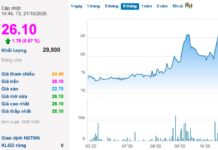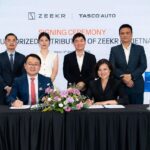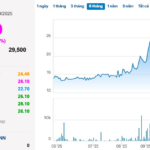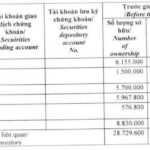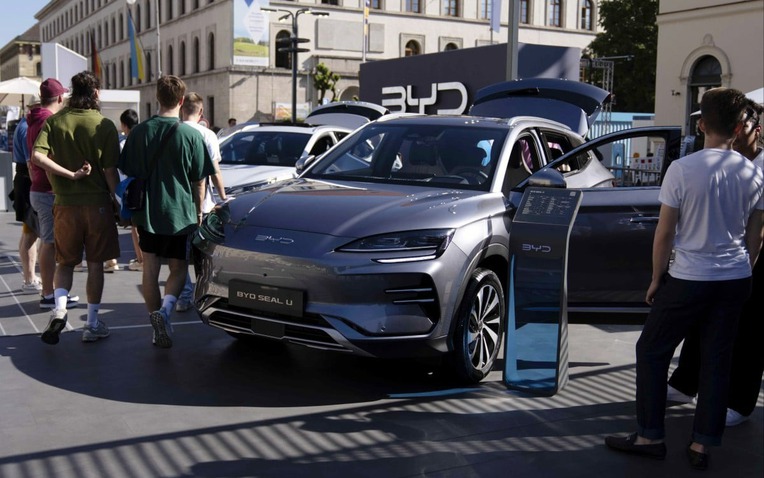
A recent study by Ernst & Young (EY), a multinational professional services firm headquartered in London, UK, reveals that while Chinese electric vehicle exporters can leverage their cost advantage to expand globally, they also face “trust” issues and brand recognition challenges in many countries.
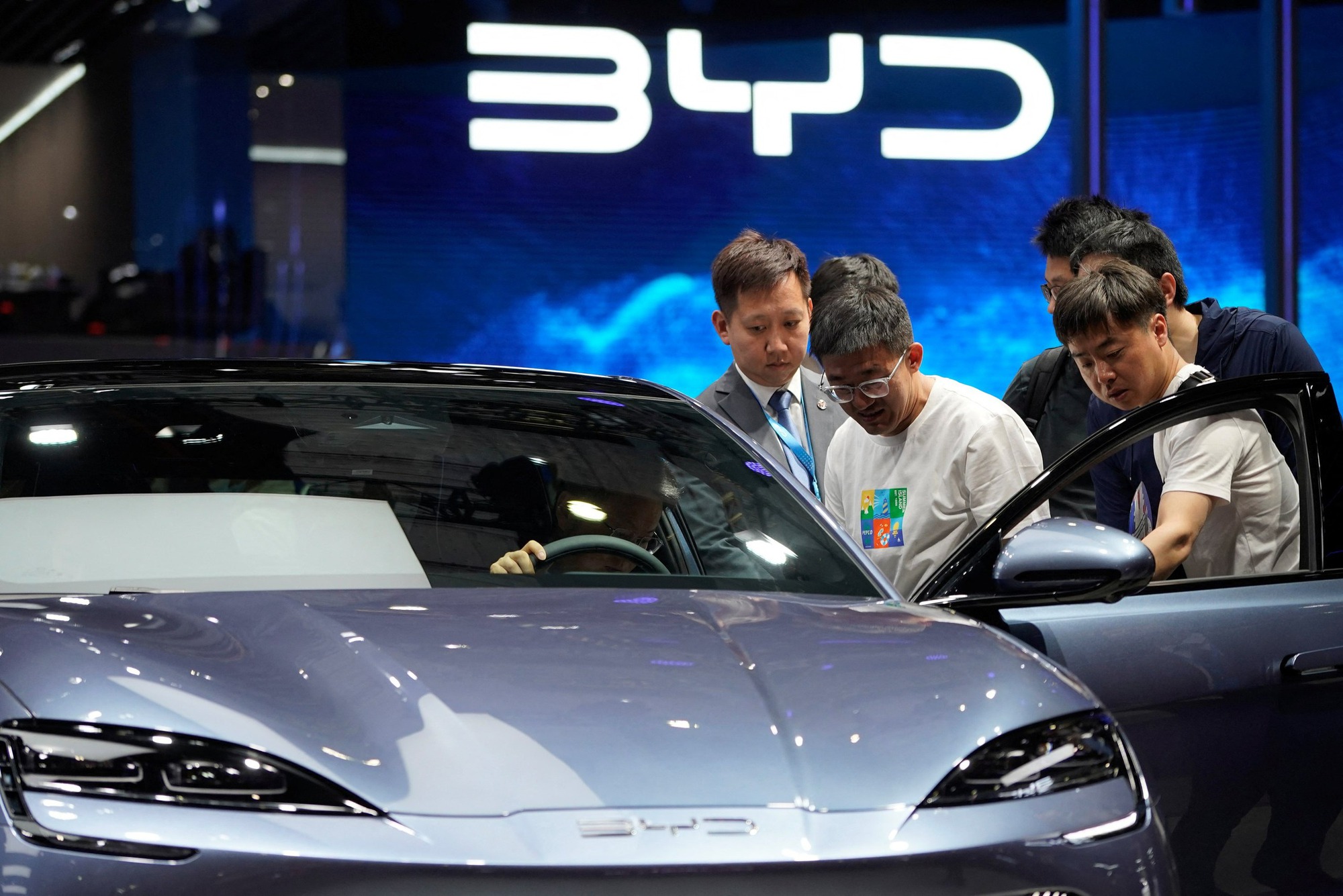
Trust and Brand Barriers
EY’s survey indicates that up to 35% of consumers in the Asia-Pacific region and 30% in Europe would not choose to purchase electric vehicles from China due to a lack of trust in the brands. This report is featured in EY’s “2024 Global Automotive Consumer Index,” an annual report on the global electric vehicle industry.
One reason for this situation is that consumers in many countries are not yet familiar with Chinese electric vehicle brands. More than 20% of buyers from Asia and Europe stated that they know very little about these brands, creating a hurdle for international expansion.
There is also a correlation between consumers’ age and their trust in Chinese electric vehicle brands. According to the survey, 36% of Gen Z respondents considered trust an important factor when purchasing a vehicle, compared to 41% of millennials (those born from the early 1980s to the mid-1990s). This suggests that Chinese electric vehicle brands need to work harder to build trust, especially among younger consumers.
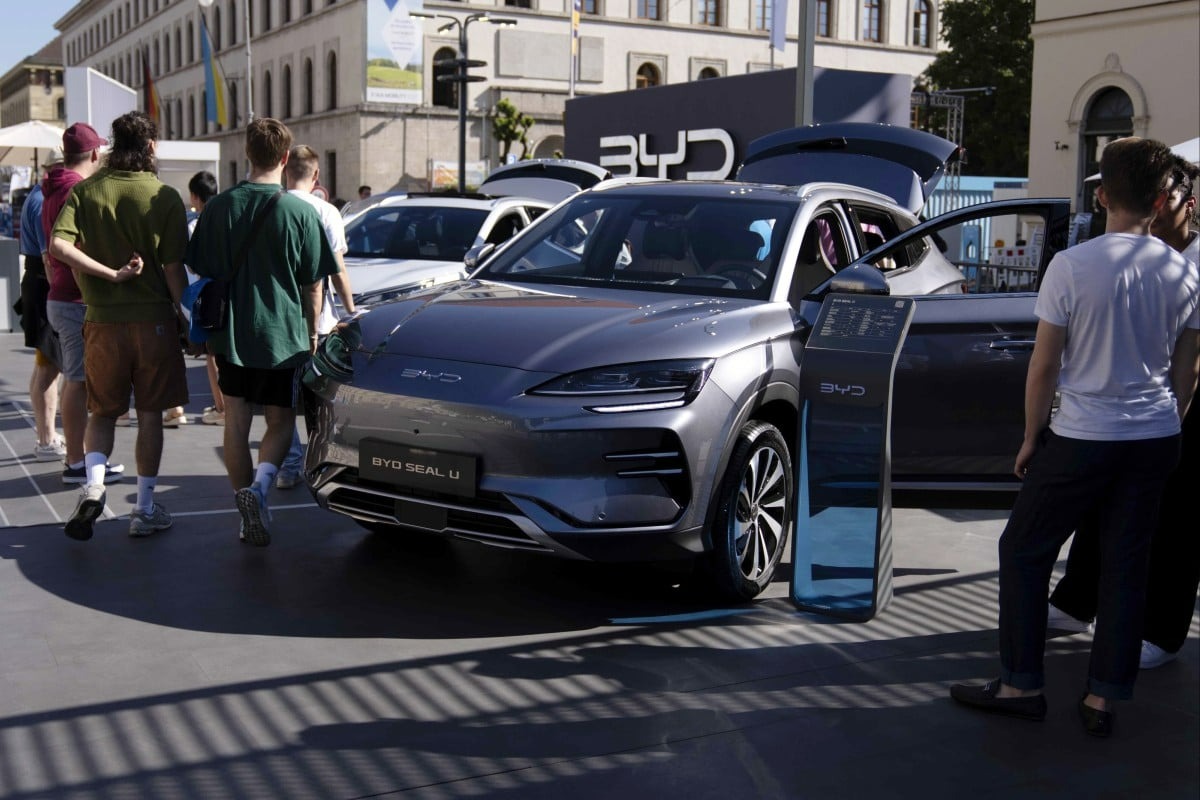
Global Electric Vehicle Market: Showing Signs of Slowing Down
EY’s report also reveals that the global intention to purchase electric vehicles is plateauing. From 2020 to 2023, the percentage of people planning to buy electric vehicles increased from 30% to 55%, but it has now leveled off at 58%. The primary reason for this is the concern about inadequate charging infrastructure to meet the rising demand from consumers.
Nonetheless, China remains the world leader in electric vehicle production and export. In 2023, the country exported approximately $34.1 billion worth of electric vehicles, benefiting from low prices and high competitiveness. However, China is facing challenges due to increasing trade barriers, with the US quadrupling the import tax on electric vehicles from China to 100% in May this year, while Europe imposed a tax rate of up to 37.6% in July.
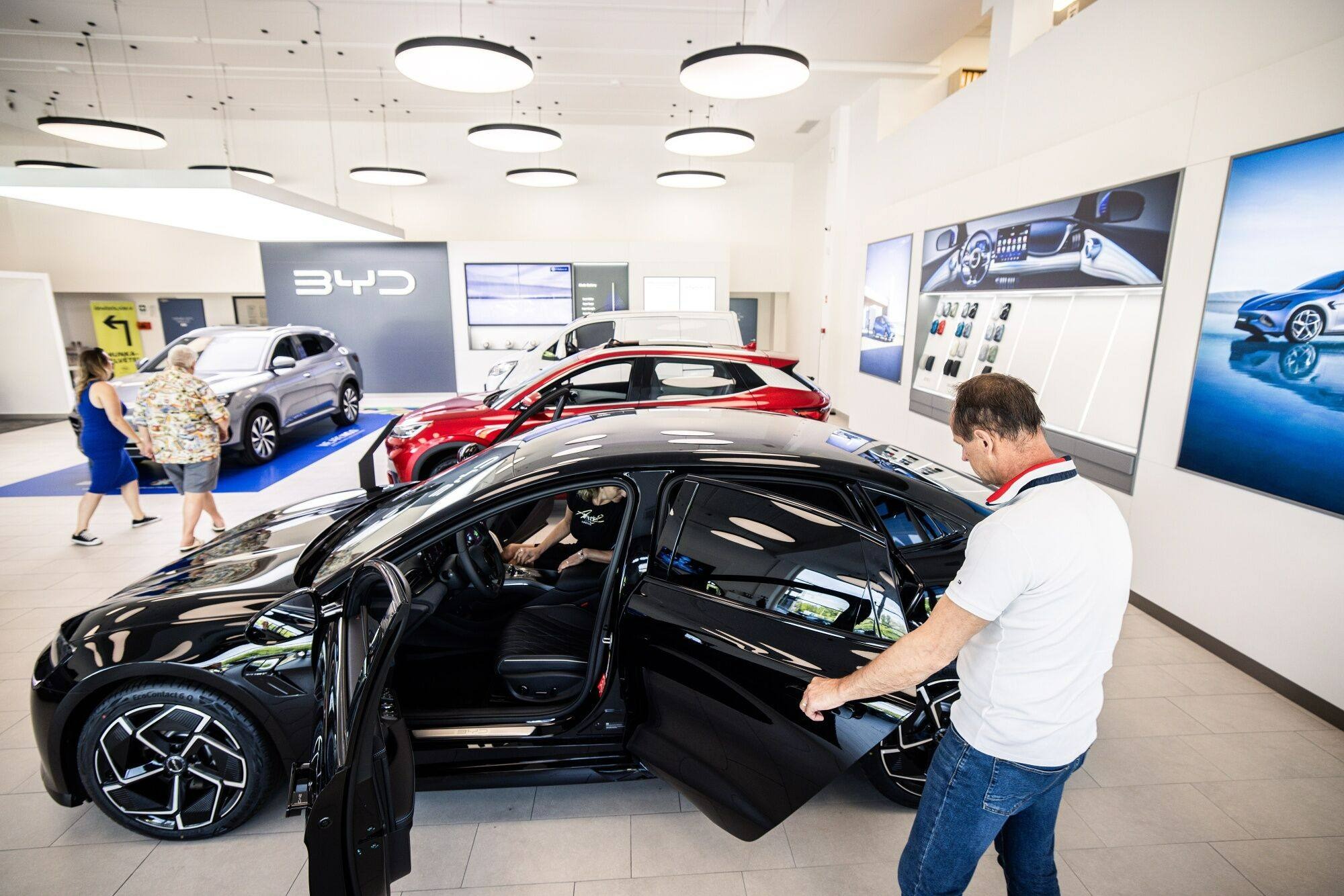
How Are Chinese Manufacturers Responding?
To counter the challenges posed by tariffs, many Chinese electric vehicle manufacturers have increased their investment in expanding production capacity in Europe. According to a report from Fitch Ratings, one of the top three nationally recognized statistical rating organizations in the US, major companies like BYD, Great Wall, and SAIC Motor are ramping up their development strategies in this region to maintain their competitiveness in the international market.
In the domestic market, Chinese consumers remain avid supporters of electric vehicles. Up to 79% of new car buyers in China stated that they would choose an electric vehicle model, compared to a global average of 58%. India also emerges as another potential market, with 73% of consumers planning to purchase electric vehicles.

Continuous Price Cuts Create Hesitation
However, Chinese electric vehicle models such as the Wuling Hongguang Mini EV in Vietnam and BYD in Thailand are facing negative reactions from consumers, largely due to continuous price cuts shortly after their launch. This not only diminishes the value of the already purchased vehicles but also creates anxiety, making many hesitant before deciding to own an electric vehicle. In Vietnam, the Wuling Hongguang Mini EV underwent a significant price reduction, with some versions dropping by over 50 million VND just a few months after its introduction. This creates the perception that prices will continue to fall, making buyers cautious and leading them to wait for further price drops instead of making an immediate purchase.
A similar situation unfolded in Thailand with BYD, where the price cut amounted to 340,000 baht (approximately 233 million VND), leaving many previous customers feeling disadvantaged. They worry about the continuous decline in the value of their vehicles, making resale or maintaining the car’s value a challenging task. This dissatisfaction has even led some Thai owners to consider filing a class-action lawsuit against the company to protect their rights.
The consequence of these pricing strategies is a shake-up in trust toward Chinese electric vehicle models, resulting in consumers postponing their purchase decisions. This not only impacts sales figures but also undermines the brands’ reputation in the eyes of customers.
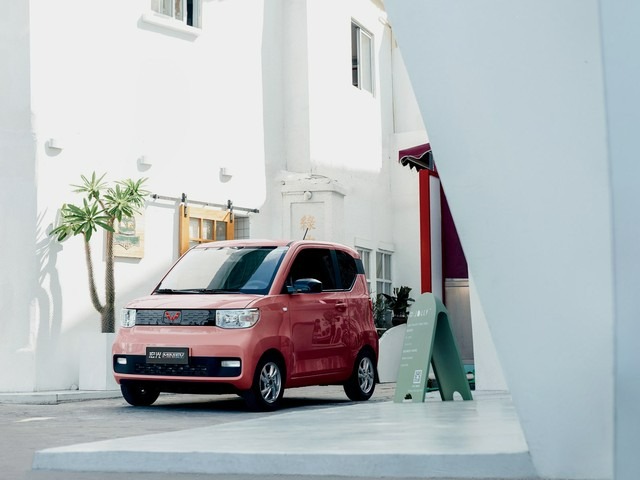
What’s Next for China’s Electric Vehicle Industry?
According to data from the International Energy Agency, China currently accounts for nearly 60% of global electric vehicle sales. This market’s robust growth has been driven by emerging economies such as China and India.
In this context, Chinese electric vehicle brands have made significant strides in the past 12 months. However, to sustain this growth, they must overcome not only tariff barriers but also challenges related to trust and consumer perception globally, rather than solely relying on price cuts and aggressive advertising of specifications.
“Tasco Auto: Now Official Distributors of Premium Electric Car Brand, Zeekr, in Vietnam.”
Zeekr, the premium electric vehicle brand under the Geely Holding Group, has entered into an official distribution agreement with Tasco Auto, Vietnam’s leading automobile distributor. This strategic move signifies Zeekr’s expansion plans in the Southeast Asian market and underscores Tasco Auto’s commitment to bringing premium electric vehicles with advanced technology and internationally-accredited service standards to Vietnamese consumers.















